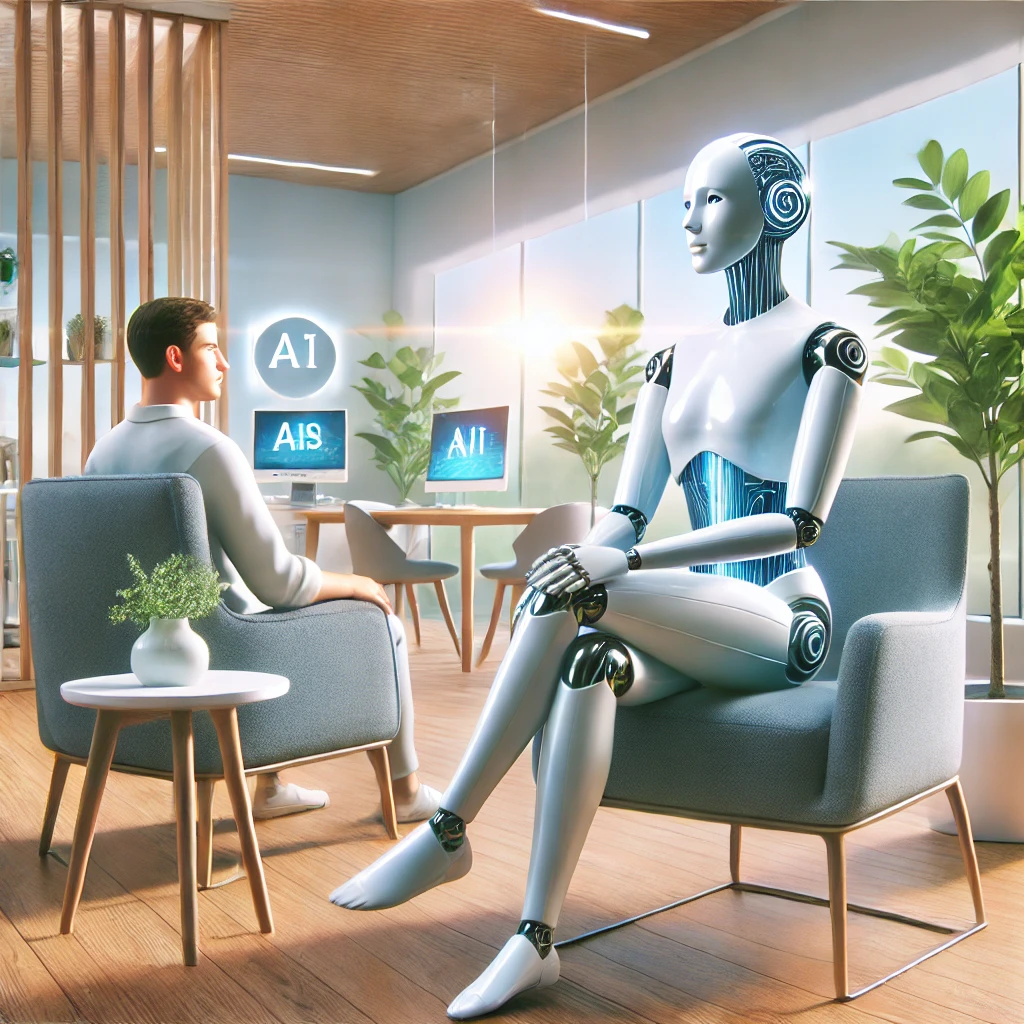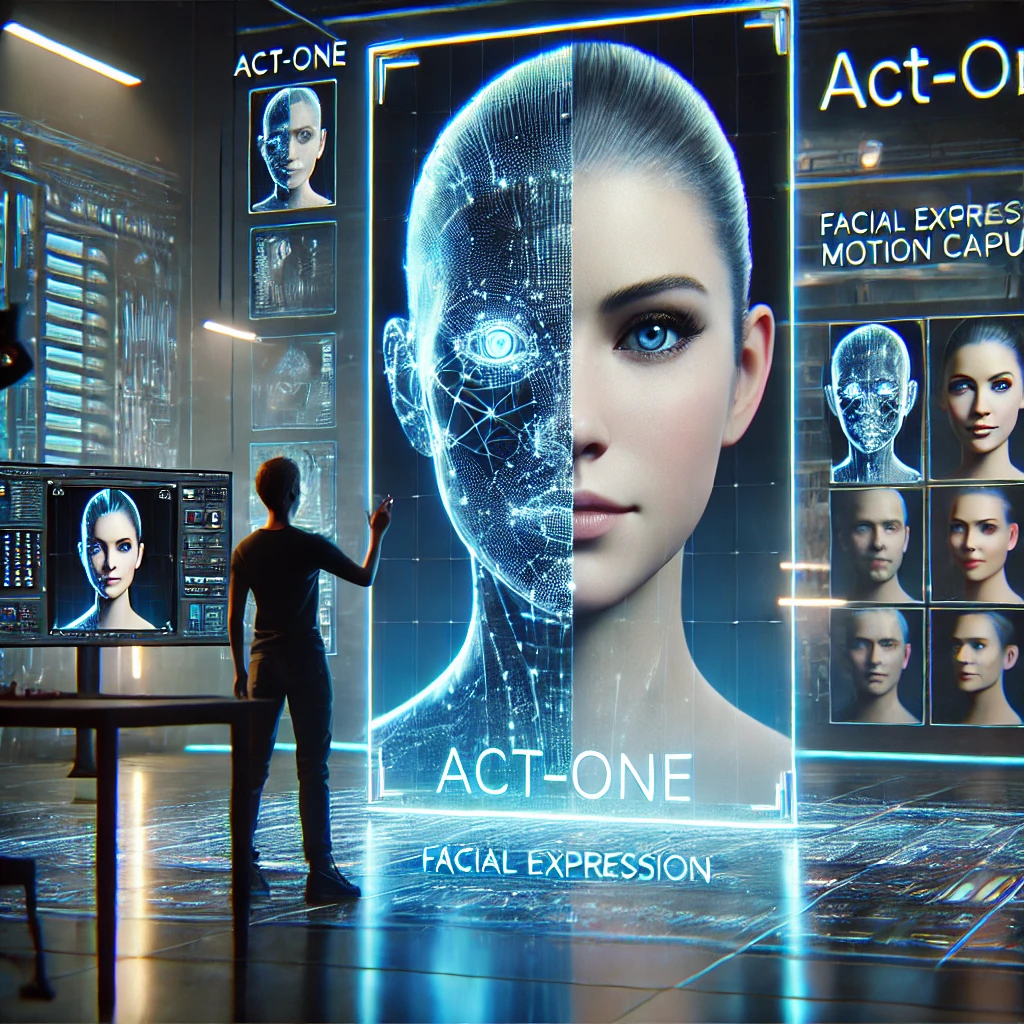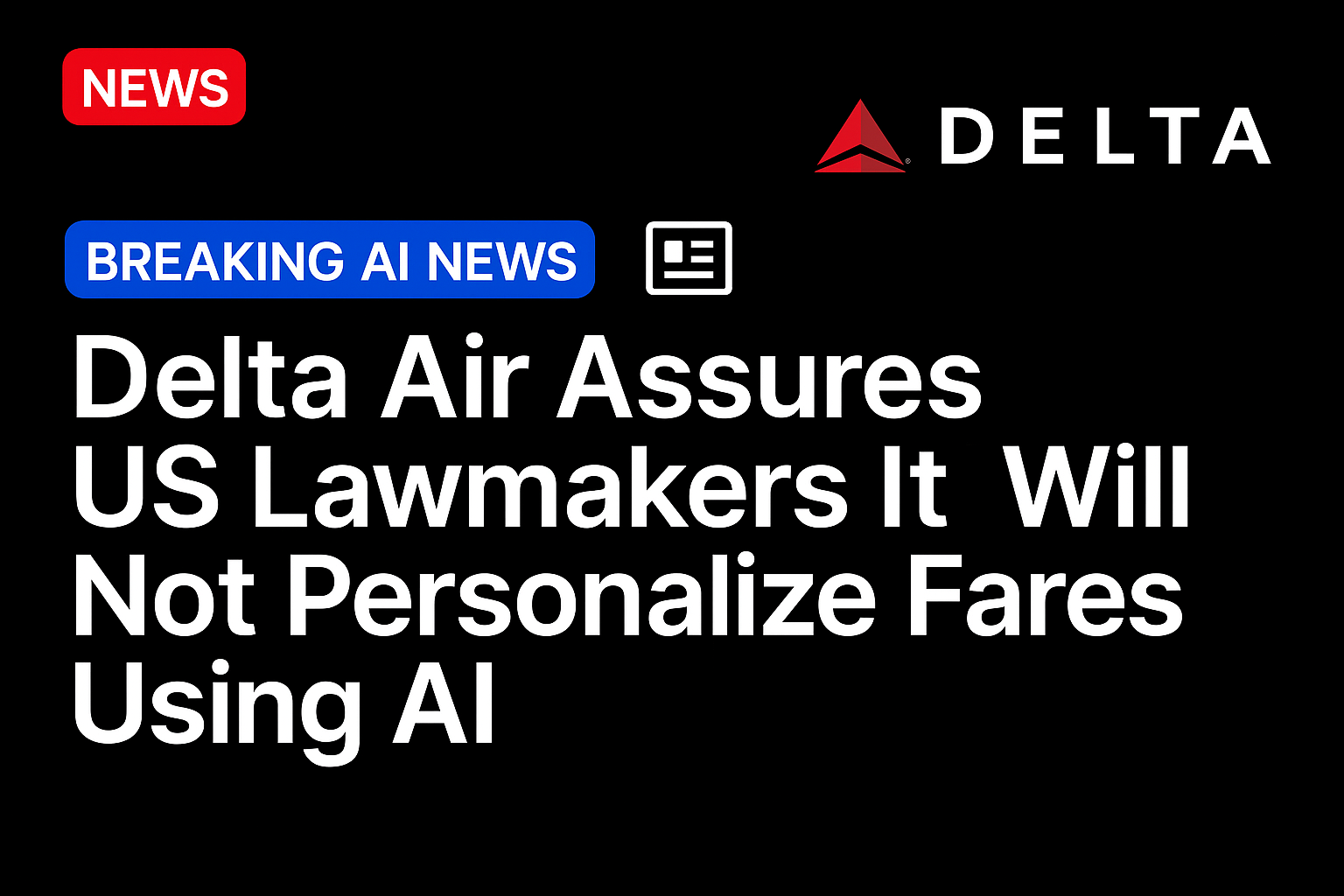As the United Arab Emirates (UAE) continues to embrace artificial intelligence (AI) across various sectors, a new question arises: Can AI replace human therapists in providing mental health support? AI technology is rapidly evolving, with AI-driven therapy apps and chatbots becoming more common, offering services such as cognitive-behavioral therapy, stress management, and emotional support.
AI-based therapy tools have several advantages. They provide immediate, 24/7 access to support, are cost-effective, and can help overcome the stigma associated with seeking mental health care. These tools use natural language processing to understand user emotions and offer personalized coping strategies, making them a valuable supplement to traditional therapy.
However, mental health experts in the UAE argue that AI cannot fully replace human therapists. Therapy is not just about algorithms and responses; it involves empathy, understanding, and the human connection that therapists bring to their sessions. Complex emotions and unique individual experiences often require a level of compassion and deep understanding that AI currently cannot provide.
While AI can enhance mental health services by making support more accessible, it is unlikely to replace human therapists entirely. Instead, AI is seen as a complementary tool, helping to bridge gaps in the mental health system and provide preliminary support while leaving the more nuanced and deeper work to human professionals. The future may see a blend of AI and human therapy, where both work together to offer comprehensive mental health care.





